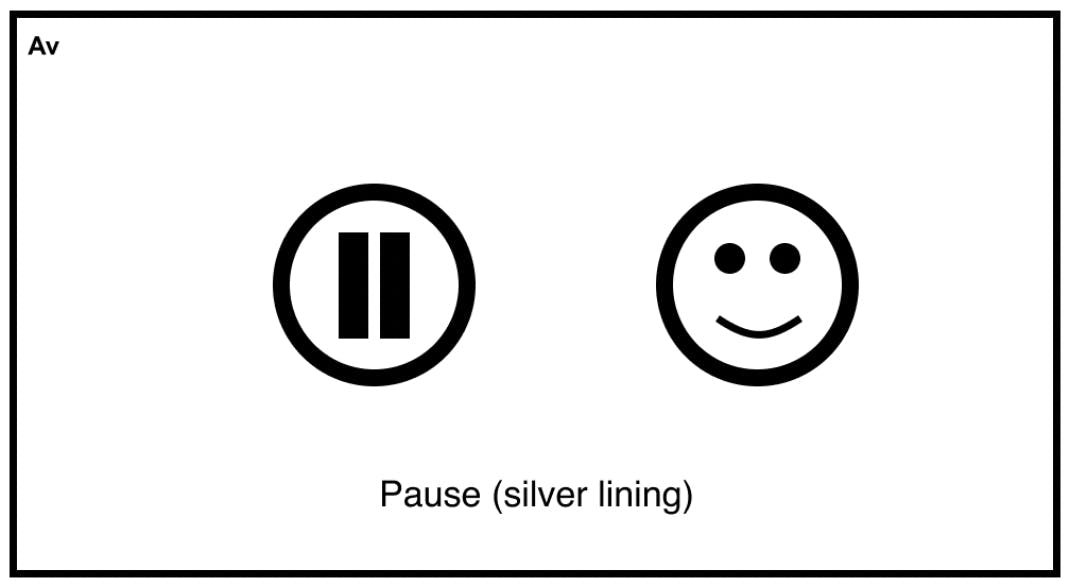Subscribe
Sign in
Share On
Why you should pause your fundraise until the fall
Jason Yeh is an ex-VC & the founder of Adamant, a group focused on making fundraising easier. Founders ❤️ binging his Fundraising Fieldnotes newsletter and podcast Funded before raising capital. Find Jason on Twitter: @jayyeh.
The market sucks and you paused your fundraise last week. You’re not alone and for many founders like you, guess what? It might end up being a blessing in disguise.
In the last couple weeks, founders everywhere have either been forced to abandon fundraises or proactively “pause” fundraising activities. Pausing was one recommendation I gave in my article summarizing the current mess and possible paths forward.
As painful as it might feel in the short term, for many founders this is better than OK. It’s for the best.
3 reasons why waiting till after the summer is great
1. You didn’t start at a great time anyway
Independent of market conditions, starting a fundraise that might run into the beginning of summer vacation is not ideal. In pre-pandemic times, VC activity would begin to slow in June as kids got off from school and vacation travel began ramping up. VCs are already highly distractible creatures, so throw the summer dynamics in there and good luck driving that process to a close! There were 2 COVID summers where it seemed like VCs plowed through June - August processing deals, but 2022 looks to be the first return to (new) normal with more normal vacations. Even if the market hadn’t tanked, your timing would not have been opportune.
2. Power of creative constraints
If you paused your fundraise in favor of running a process in 3 to 6 months when VCs will have regrouped, you have set up perhaps the most productive sprint of your company’s life. Up till now, maybe you were following a few possible plans. If XYZ product hit an inflection point you’d raise a month sooner. If ABC partner signed a contract, you’d raise a month later. You had some flexibility. But now? Those “choose your own adventure” plans are out the door. The market has forced you into a singularly focused mission: Take the next few months to manage cash and execute your brains out. This is what some people call a “creative constraint” and it might produce some of the most exceptional months of work from your company to date.
3. Avoiding the most common mistake in fundraising
A common sight for me is the founder who lightly understands the concept of fundraising. To them it’s just the act of asking people with money, for money. With that dangerously light bit of knowledge in hand, they quickly throw together a deck, pick a handful of investors to start conversations with, and let ‘er rip. This under preparation is the most common mistake in fundraising. A mistake I would guess that many of you were about to commit.
But the universe acts in mysterious ways. The market seizure that you thought was a slap in the face was in fact a gift. It’s like your startup teacher assigned a 1000-word essay due Monday on “why you deserve millions in funding” that you had barely written a paragraph for…AND JUST GAVE YOU AN EXTENSION (praise the lahd!)
So you got a stay of execut… I mean, an extension. What should you do?
Besides doing as much as you can to push your business forward, you now get a chance to really focus on REALLY preparing for the fundraise.
This story was originally published on Adamant
Comments (17)
run 3`@suka_nobi
I am overjoyed to have, at long last, come across this website. Really thought-provoking articles and activities; many thanks for taking the time to put these together. Please continue to share additional content in the form of a blog. This website is now bookmarked in my browser so that I can continue to keep in touch with you. nytimes crossword
Share
I frequently encounter founders who have a superficial understanding of funding. To them, asking individuals with money for money is merely an act. With this dangerously flimsy piece of information in hand, they swiftly put together a presentation, select a small group of investors to initiate dialogue with, and let it rip. Under preparedness is the most typical fundraising blunder. I suspect that many of you were going to do this error. backrooms game
I have gained significant knowledge from your blog, and by delving deeper into the realm of vintage video games, one can enhance their interactive encounters. I anticipate engaging in a game with you in a previous time period. wheel spinner
I'm interested in some of them more and hope you'll write more about them in your next articles five nights at freddy's
The best way to prepare for a fundraise is to create a community who are aligned with. your success and reward them for helping you grow the way you want to grow. VCs want to derisk their bets based on traction. Traction comes from knowing the problem you are solving, knowing the users you are solving for, and creating a community of believers, collaborators, and and early adopters who can help you level up. VCs will come to you if you build a community invested in your success. Otherwise its spray & pray no matter what season it is.
More stories

Mathew Hardy · How To · 3 min read
How to Detect AI Content with Keystroke Tracking

Sanjana Friedman · Opinions · 9 min read
The Case for Supabase

Vaibhav Gupta · Opinions · 10 min read
3.5 Years, 12 Hard Pivots, Still Not Dead
Kyle Corbitt · How To · 5 min read
A Founder’s Guide to AI Fine-Tuning

Chris Bakke · How To · 6 min read
A Better Way to Get Your First 10 B2B Customers

